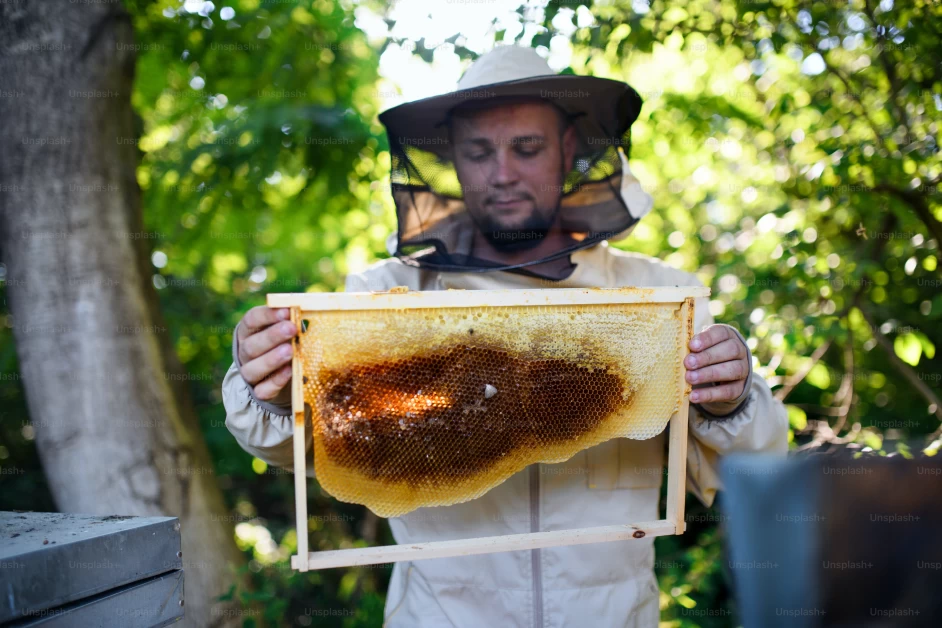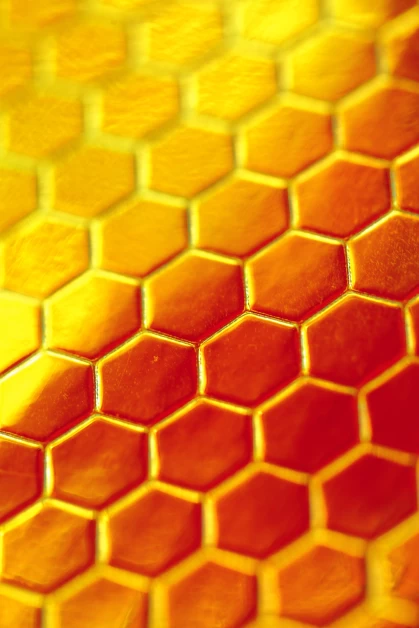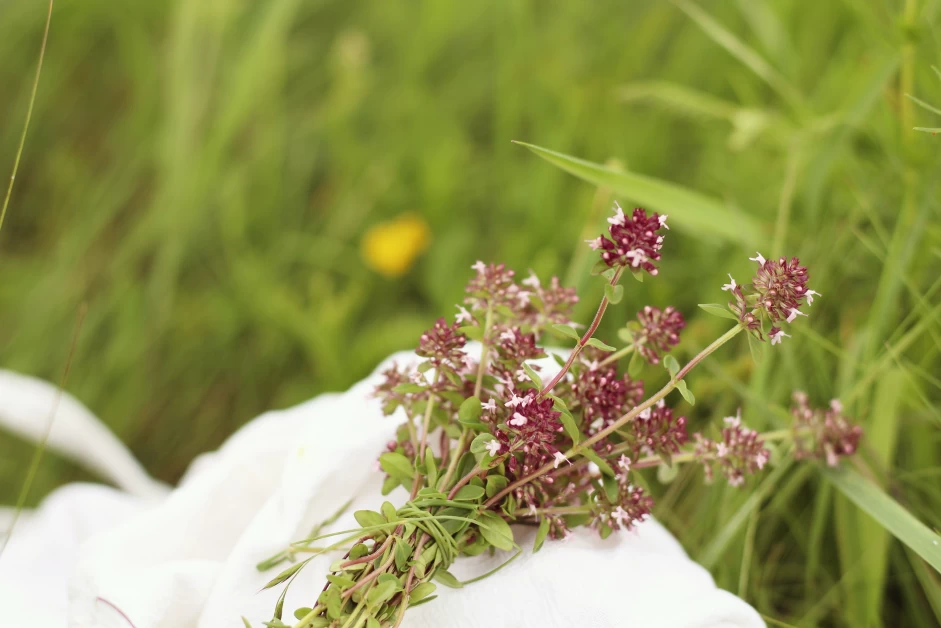Table of Contents
Most of us have experienced at least one scar on our bodies. And most of the time, we don’t need to do anything about it as the scar fades. But many people just want their scars to go away as it makes them feel self-conscious and creates insecurities, prompting them to reach for scar creams, make-up, natural therapies, and other treatments to lighten the appearance of the scars.
How do scars form?
Whether it is from a cut, burn, or acne, a scar is your body’s natural way of healing from the physical trauma experienced by your body. When the second layer of your skin—known as the dermis—is injured, your body builds new tissues with collagen to repair the damage. Scars form because the new collagen tissue is not the same texture as the surrounding skin. The faster the injury heals, the less collagen is released to mend the damage and the resulting scars will be less noticeable. But some injuries can be severe. More collagen is produced by the body to close the gap, causing scars that are red, raised, and more prominent.
Besides accidents, skin conditions, or diseases, surgeries can also result in scarring.
Why Manuka honey can heal scars
Honey has been used to treat and heal wounds for centuries because of its antibacterial, anti-inflammatory, and wound healing properties. More recently, the US FDA approved Manuka honey as an option for wound treatment because of its superior healing properties, which come from the high concentration of methylglyoxal (MGO) in Manuka.
One aspect about wound care that can impact the severity of scarring is how you take care of your wounds. It’s important to keep wounds moist to prevent scars, and Manuka honey, as a strong emollient and humectant, can be useful. This means Manuka draws in the moisture to the wound and locks it in, keeping the wound moist. In fact, research shows that wet or moist healing results in the least amount of scarring.
Using Manuka honey for wound healing can reduce the occurrence of scars, according to several studies. A 2017 study demonstrated Manuka’s powerful wound healing and tissue generation properties because of its immunomodulatory and antibacterial properties. Manuka not only reduces inflammation and kills bacteria, but it also activates fibroblasts, which protect the wound against cell damage and oxidative stress, thus enhancing wound healing. Manuka also helps speed up the healing process by balancing the pH of the wound, which is effective in debriding wounds, promoting collagen, and activating fibroblasts.
However, few studies have demonstrated the direct effect of Manuka on scars. A 2014 animal model study found less scar tissue on surgical wounds after using Manuka honey compared to wounds left to heal on their own. But a 2016 study on 21 human patients found no difference in scar appearance after applying Manuka honey paste on the surgery incision.
How to use Manuka honey for scars?
Topical application of Manuka is the best way to speed up healing and reduce scar appearance. Use good quality Manuka honey. We recommend using the highest grade possible. Try Nature’s Gold Premium Manuka Honey. You can also use Nature’s Gold range of Manuka honey skin repair products, such as the Manuka Power Ointment, Manuka Power Concentrated Ointment, and Therapeutic Skin Cream.
In conclusion, while there is no way to get rid of a scar completely, there is strong research that suggests Manuka honey can help reduce scars. Its antibacterial and wound healing properties make it an effective option for promoting the healing of sports injuries. So if you’re looking for a natural remedy to help with your sports injury scars, give Manuka honey a try. Remember to consult with a healthcare professional if you have any concerns or questions about using Manuka honey for your specific situation.


